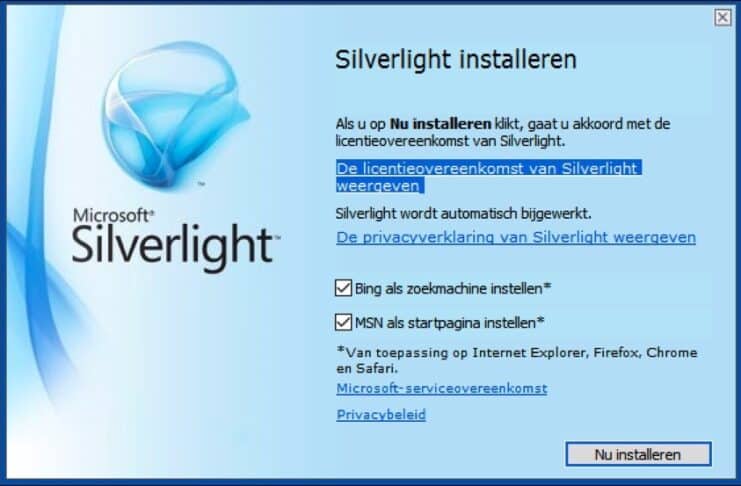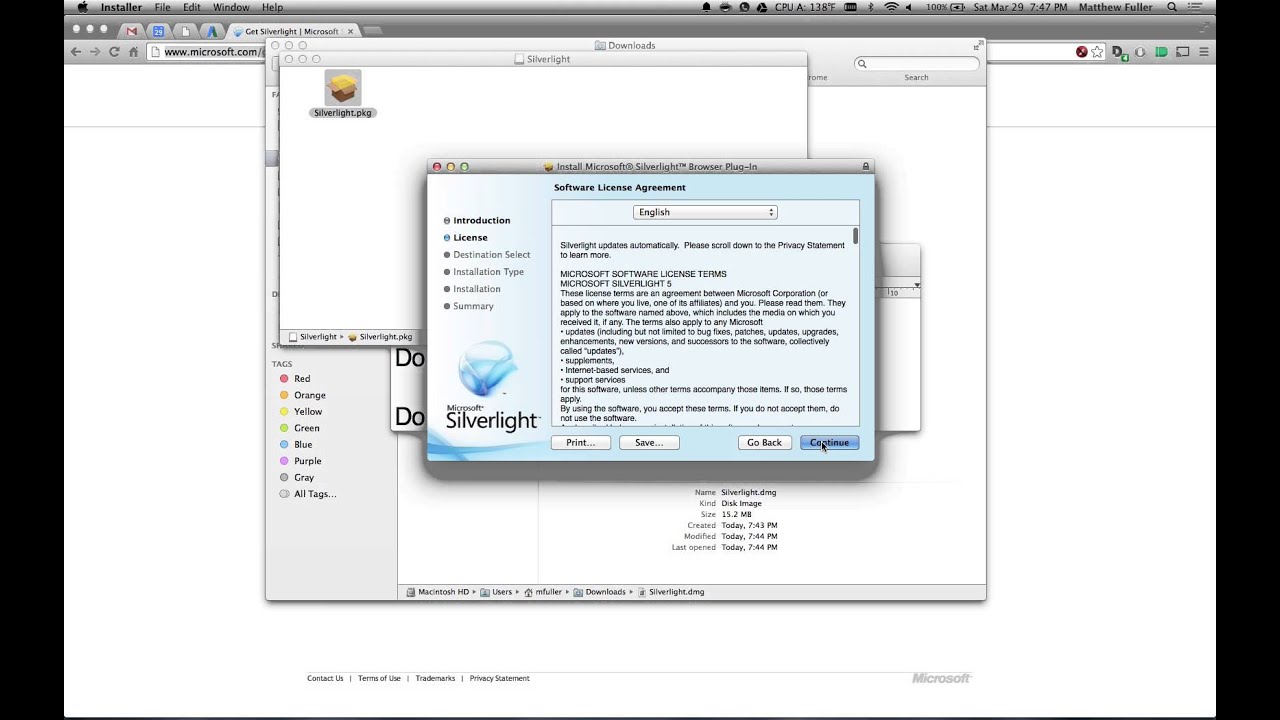

Indeed, if you’re working remotely, you’ll need to make sure that your system administrator will actually let it on to the network.

We’ve assumed for the purposes of this round-up that you’re using your computer for work, but if you have specialist needs, there are specialist browsers - for example, Opera GX for gaming, and Firefox Reality for visiting the metaverse.įinally, although all of these browsers make bold claims about their credentials for security and privacy, you’ll need to make sure that the one you choose is compliant with your company’s IT policies. You can add extensions, of course, but each extension will hog even more RAM. Additionally, try and find the browser which has as many of your must-have features built in to it as possible. If you’re using a budget machine, with limited RAM or a slower CPU, you should consider browsers with a lower resource footprint to avoid lagging and freezing. Although there’s been a huge improvement in compatibility between different browsers, meaning 99% of pages work on 99% of browsers, there are still risks to going “off-piste” if you’re using your machine for work. For example, if your company uses bespoke web apps, you’ll need to check if the browser will support them.

When deciding which browser to choose, you should ask yourself a few questions about how you’re going to use it. We’ve put all the mainstream browsers currently available for desktop computers through their paces on a Windows-based test machine, but all are available for macOS, Linux, iOS and Android unless otherwise stated.


 0 kommentar(er)
0 kommentar(er)
